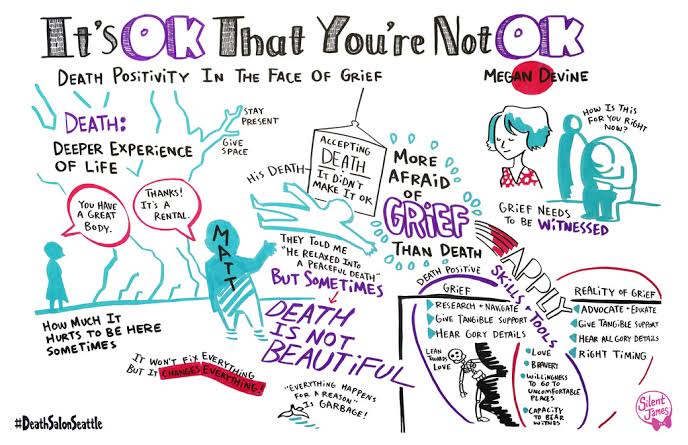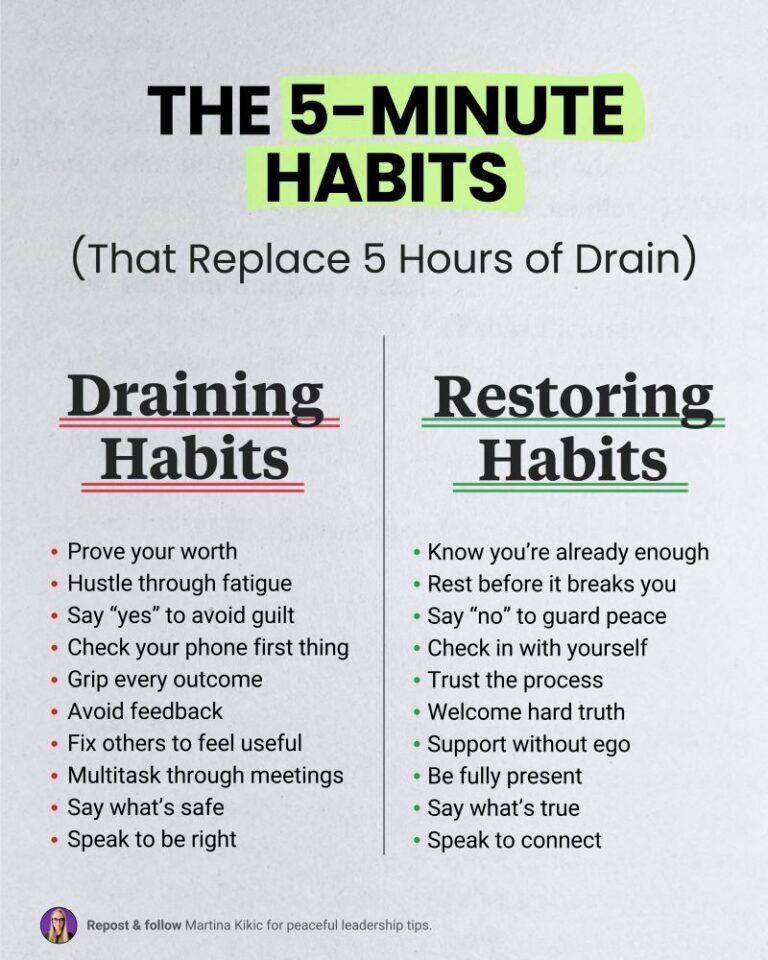
Men can experience postpartum depression just like women, and it is not easy to notice this depression that the father is experiencing. Men who do not want to be a burden to them, especially during the period of depression that women experience after pregnancy, can hide the depression they have experienced for months. According to research, one in every 10 fathers has depression within the year of having a baby. However, this rate is estimated to be more. Because, because of social concerns, men do not express this problem. It should not be forgotten that depression is a mental health problem that can affect every individual without making a gender distinction. In this list, we wanted to bring together the stories of men experiencing postnatal depression and raise awareness about the issue. Here are the postpartum depression and its symptoms…
Peter Divers became a father for the second time in November 2016. But after her baby was born, she had postpartum depression and never told anyone about her experiences for months. Peter’s back was also injured a day after his son was born, making it even more difficult for him to fight depression. Peter, “The darkest period of my life. Every morning I woke up with a knot in my stomach. I had the feeling that there was a big dark cloud watching me.” says.
Peter, who lives in Glasgow, did not tell anyone about the problem he had been experiencing and what he felt for five months. He even hesitated to see the family doctor about the problem he was experiencing. But one day they will be so heavy that when she went to her mother to get her daughter, she could not stand it anymore and started to cry. Peter, “15 minutes I cried on my mother’s shoulder. I said a lot about my feelings, spilled my heart, it was good to share it with someone.” says.
People who have postpartum depression in men do not talk about their feelings
Selena Gleadow-Ware, a psychiatrist at the Royal College of Psychiatry in Scotland, says that 8’i to 10 ’ of men who give birth to their partner are depressed. Dr. Selena Gleadow-Ware, “Men do not talk much about their feelings, are afraid to share their feelings, so most of the time the problem is not noticed or remains hidden.” says.
Dr. Gleadow-Ware notes that there are many different things that cause mothers and fathers to become depressed after the baby is born. In mothers, post-pregnancy depression can be caused by physiological or hormonal changes. Being a new parent brings a lot of changes. Concerns about the financial situation after the baby is born, relationship stress or problems such as insomnia can trigger depression in both women and men.
According to the UK National Health Services NHS, those with mental problems, those who have experienced trauma in the past, those who lack support, and those whose partner is depressed, are more likely to have postpartum depression. In men, postpartum depression is not only associated with sadness and unhappiness. In addition to these symptoms, symptoms such as lack of motivation, aggression, sudden mood swings and anxiety are among the symptoms of postpartum depression.
Keith Lonsdale is one of those fathers who became depressed after having a baby
Keith Lonsdale’s wife, Alice, was treated for depression at the hospital after the birth of her two children. Keith suffered from depression after becoming a father for the second time. On the one hand, Keith, who was trying to fight the problem of postpartum depression in men and on the other hand, who was trying to help everyone, eventually quit his job because of the stress and anxiety he was experiencing.
Postpartum depression that men experience is actually very common. So much so that, in recent years, support groups have emerged in Scotland where men can come together and talk about their mental health. Aiming to protect the physical, mental and emotional health of men, Fathers Network Scotland wants all men whose partners are pregnant to be screened for postpartum depression.







